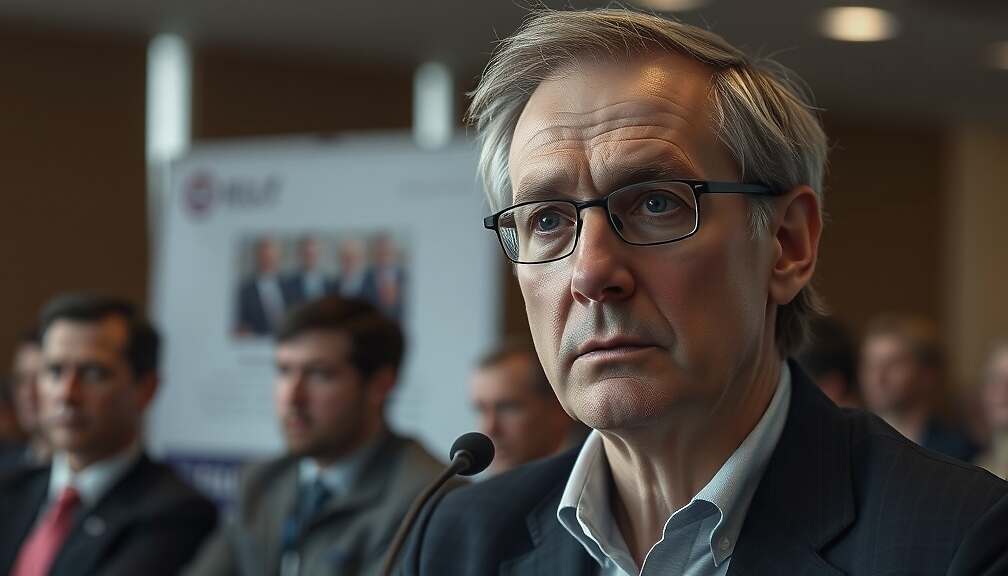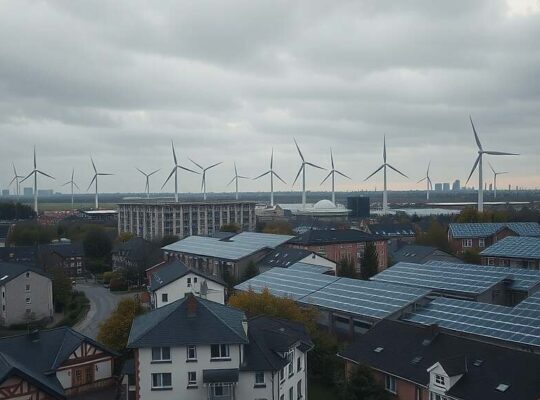Leading German climate scientist Mojib Latif has expressed deep skepticism regarding the potential for tangible progress at the ongoing UN climate conference in Brazil, raising concerns about the efficacy of large-scale international agreements. In remarks to the “Rheinische Post” Latif predicted the conference would likely culminate in a compromise solution, a “lowest common denominator” that falls short of meaningful action.
He highlighted a critical failing of the 2015 Paris Agreement, noting that despite widespread acclaim, it ultimately failed to curb emissions, which are now at record highs. Latif attributed this stagnation to the increasingly fractured global political landscape, citing the absence of the United States and ongoing geopolitical conflicts, particularly with Russia, as significant hurdles. He argued that more effective climate action may be achieved through smaller, more focused forums like the G20 and G7, where major emitting nations are directly represented.
The scientific community’s assessment paints a sobering picture. Despite a slight deceleration in the rate of increase, global emissions rose by 2.3 percent in 2024 to 57.7 gigatonnes of CO2 equivalent – a new record. The “Emissions Gap Report” compiled by scientists for the UN Environment Programme (UNEP), indicates that the planet is currently on track for a 2.8-degree Celsius temperature rise, a stark divergence from the primary goal of limiting warming to 1.5 degrees.
While the Paris Agreement initially pointed towards a potential 3.5-degree increase, even full implementation of current national pledges would only mitigate warming to between 2.3 and 2.5 degrees Celsius, still exceeding the crucial 1.5-degree threshold. Latif warned that limiting warming to such levels is now approaching utopian territory. He emphasized the urgent need for industrialized nations to fundamentally reframe climate protection, not as a cost, but as a cornerstone of long-term economic security, if the most catastrophic consequences for humanity are to be averted in the coming decades. The researcher’s stark assessment underscores growing anxieties within the scientific community regarding the disconnect between climate goals and the ongoing trajectory of global emissions.












